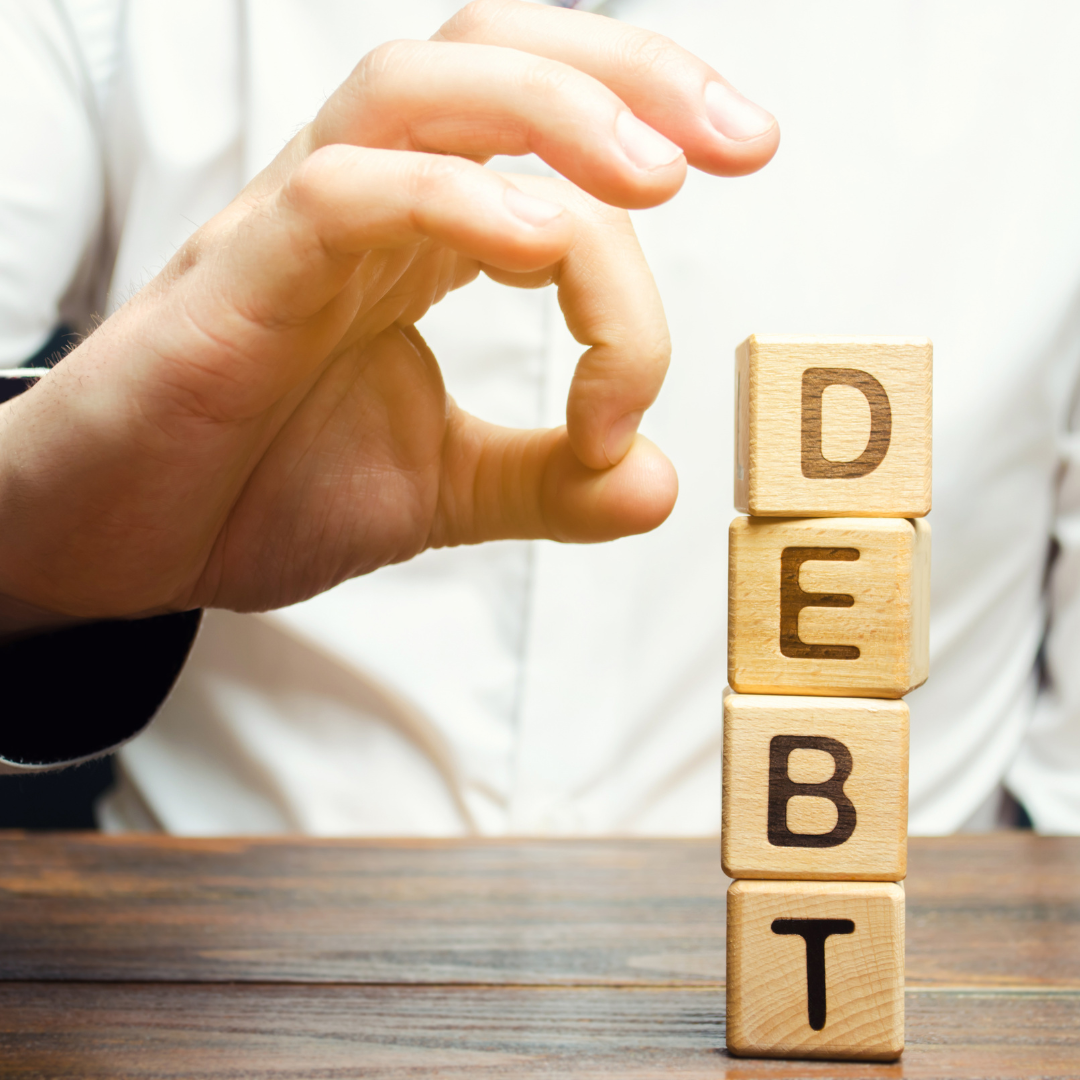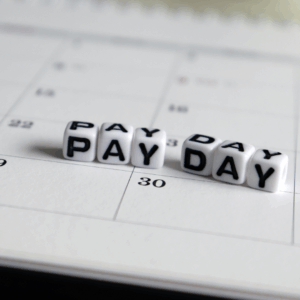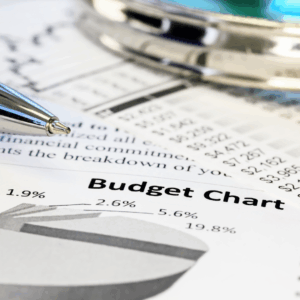Preventing Future debt can be a challenge if you don’t have a clear plan to manage it.
If you just crossed the debt-free finish line! Congratulations!
No matter what stage you are in life, you have finally finished paying off your debt. It’s as if I’ve finally gotten this weight off my shoulders. Such a great feeling. Victory!
The goal now is to keep the victory permanent.
Let’s face it, guys, it’s not easy to pay off debt with limited funds. Isn’t it the reason you got in debt in the first place?
If you have a pattern of living beyond your means by buying on credit, get rid of it. If you don’t, then put it away for a while.
Preventing future debt requires adopting responsible borrowing habits and a smart approach to financial decisions.
Here’s how to maintain and prevent the debt cycle from starting anew.
Preventing Future Debt By
1. Embrace Budgeting
Creating and sticking to a budget is fundamental to responsible financial management.
Establish clear categories for your income and expenses, allocating specific amounts to necessities, savings, and non-essential spending.
Regularly track your spending against the budget to ensure you stay within your means.
A well-maintained budget provides a roadmap for financial decisions, helping you avoid impulse spending and prioritize saving over unnecessary purchases.
- Learn This Habit: Treat Budgeting as Your Financial Compass. It’s about making the right choices.
- The Action: Regularly update your budget to reflect changes in income and expenses. Utilize budgeting apps or spreadsheets to maintain simplicity and accuracy.
2. Save Religiously
Building and maintaining an emergency fund is key to avoiding future debt. Unexpected expenses, such as medical emergencies or car repairs, can quickly derail financial stability.
An emergency fund provides a financial buffer, allowing you to cover unforeseen costs without using credit cards or loans.
Aim to save three to six months’ worth of living expenses in your emergency fund to ensure comprehensive protection.
- Learn This Habit: Make saving a non-negotiable part of your life.
- The Action: Automate your savings. Direct a portion of your income into a savings account or an emergency fund before you have a chance to spend it.
3. Spend Mindfully
Spending mindfully means managing your finances with intention and awareness. It’s the skill of pausing before each purchase to ask, “Do I need this?” or “Does this align with my financial goals?”
It’s about understanding the difference between wants and needs and recognizing the emotional triggers that lead to impulsive buys.
To spend mindfully, track your expenses, no matter how small, and reflect on them regularly. Use cash instead of cards when possible, as it makes parting with money more tangible.
Set aside money for personal enjoyment, but do so within a conscious spending plan that supports your broader life goals.
By adopting these habits, you can ensure that each dollar spent is a step towards personal fulfillment and financial health, rather than a detour into debt.
- Learn This Habit: Before each purchase, ask yourself if it’s a need or a want. If it’s a want, is it worth the potential stress of debt?
- The Action: Wait 48 hours before making non-essential purchases. Often, the urge to buy will pass.
4. Use Credit Wisely
Credit cards can be valuable financial tools when used responsibly. However, irresponsible credit card usage can lead to high-interest debt and financial strain.
Avoid carrying a balance on your credit cards whenever possible, and pay the complete statement balance each month to avoid interest charges.
Additionally, be cautious about opening multiple credit card accounts, as juggling various cards can increase the risk of accumulating debt.
Regularly review your credit card statements and report any discrepancies or unauthorized transactions promptly.
- Learn This Habit: View credit as a tool, not a lifeline. It’s there to build your credit score, not your lifestyle.
- The Action: Pay off your credit card balances in full each month. If you can’t, it’s a sign to reassess your spending.
5. Invest in Knowledge
Continuously educate yourself about personal finance to make knowledgeable decisions about borrowing and spending. Attend workshops, read reputable financial literature, and seek advice from financial professionals.
By understanding the implications of your financial choices, you empower yourself to make informed, responsible decisions that contribute to your long-term financial well-being.
Before taking out a loan, thoroughly assess your ability to repay it. Understand the loan terms, interest rates, and fees.
Consider your current financial situation and future income projections to ensure that the loan aligns with your overall financial goals.
Avoid taking on debt for non-essential purchases, and prioritize saving for significant expenses rather than relying on credit.
Responsible borrowing involves thoughtful consideration of how a loan will affect your financial well-being and making the right decisions accordingly.
- Learn This Habit: Stay financially literate. The more you know, the better you’ll navigate your financial goals.
- The Action: Read books, follow reputable financial blogs, or even take a course in personal finance.
6. Plan for the Future
Preventing future debt requires a proactive and disciplined approach to financial management.
By adopting responsible borrowing habits, creating a detailed budget, maintaining an emergency fund, using credit cards responsibly, and assessing loan affordability, individuals can manage their finances with confidence and avoid unnecessary debt.
Regularly reassess your financial habits and adjust your strategies to align with your evolving goals and circumstances.
- Learn This Habit: Future-proof Your Finances by Thinking Ahead. Retirement may seem far away, but it arrives faster than you think.
- The Action: Contribute to a retirement account and consider consulting a financial advisor to establish long-term goals.
Keep Debt At Bay With Smart Habits. By adopting these habits, you’re not only avoiding debt; you’re also on track to financial stability. Stay vigilant, stay informed, and enjoy the peace of mind that comes with living a debt-free life.
Check out this article: https://masteringpersonalfinances.com/practical-tips-for-better-money-management/





